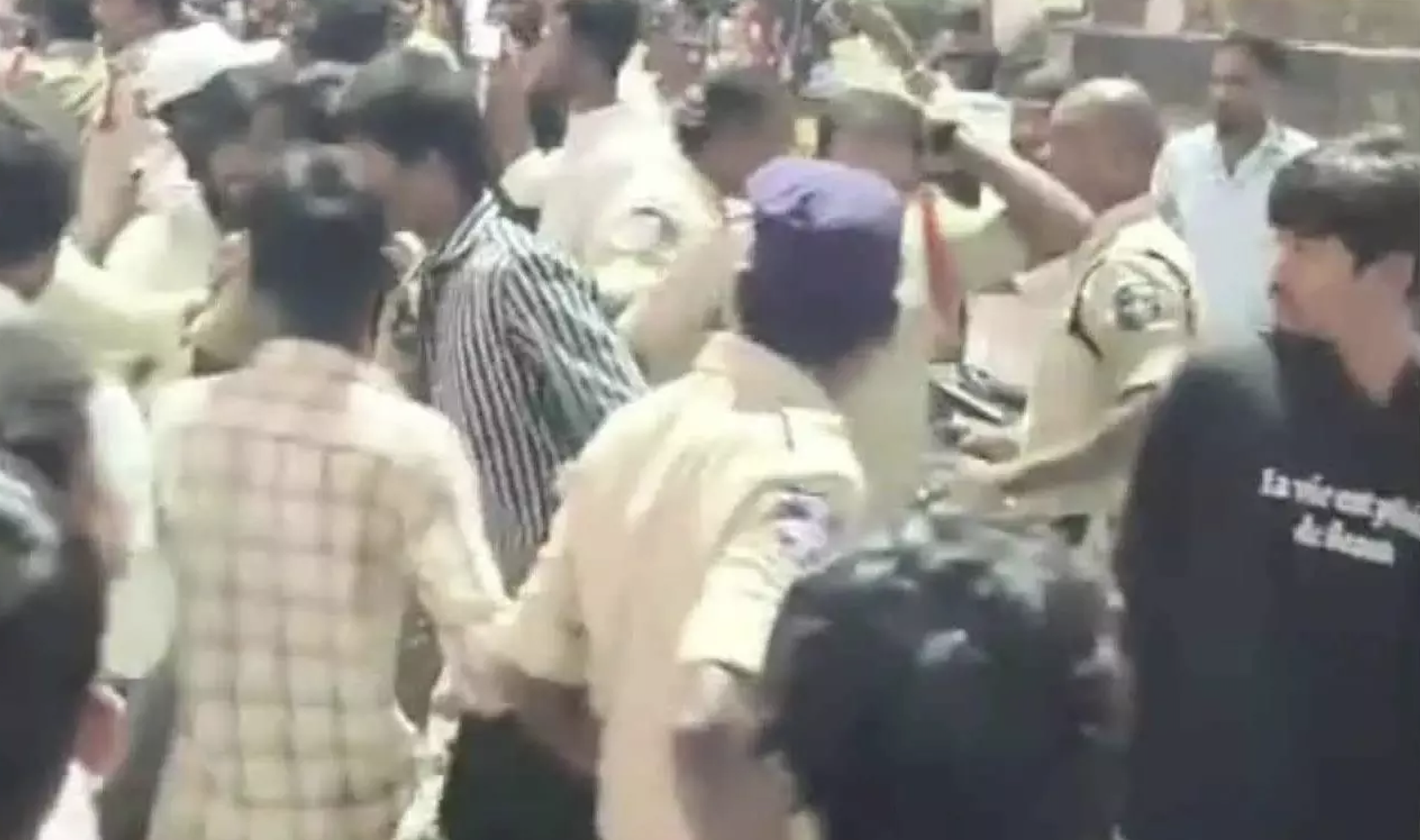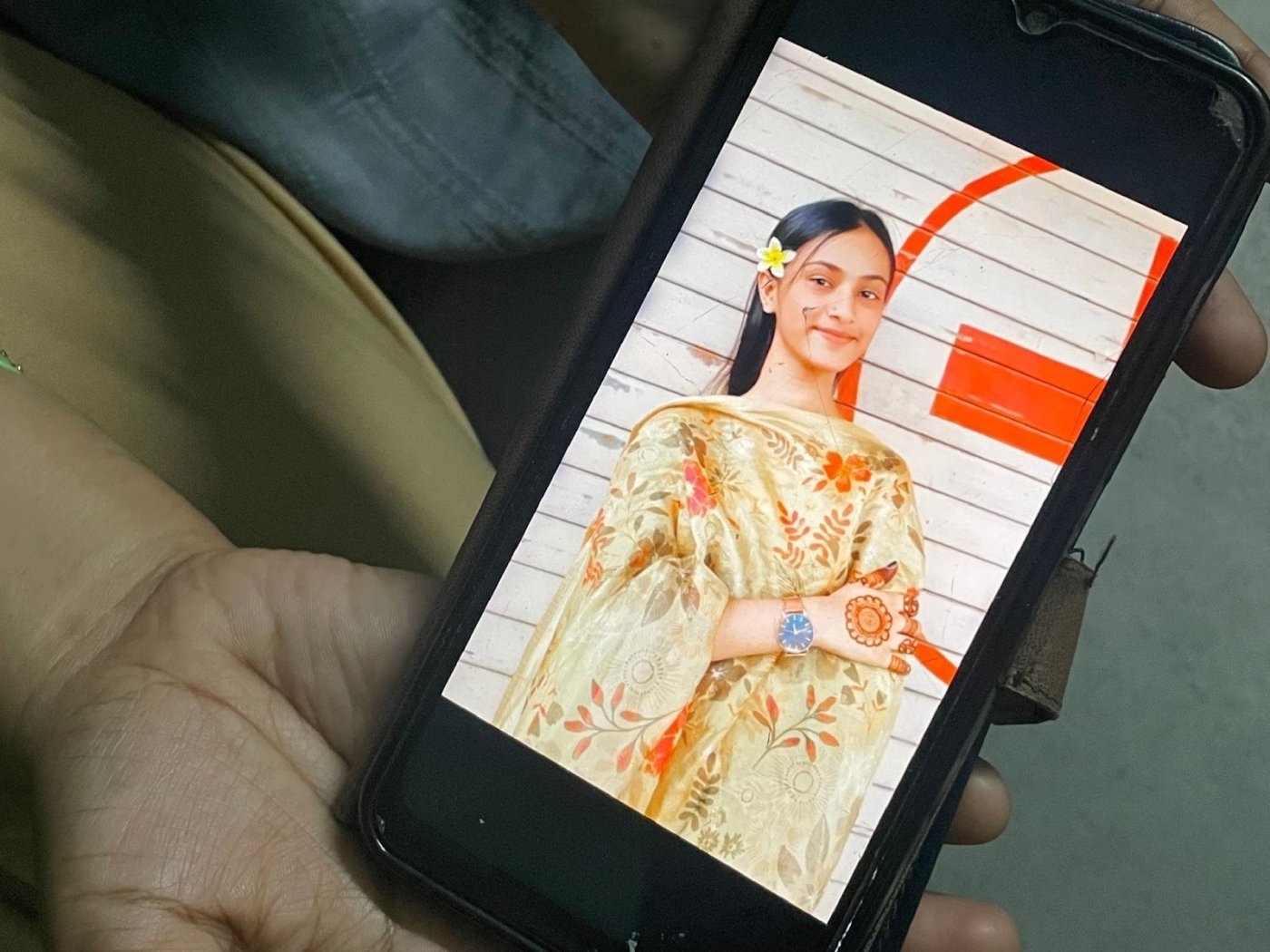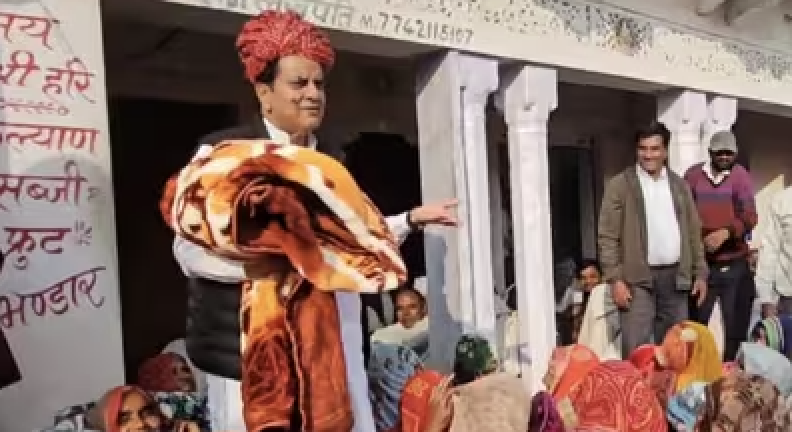
By Arunabh Saikia / Scroll
Sitting in his family-run grocery store on Tuesday, flanked by a host of relatives, 47-year-old Radhshyam Shah kept referring to himself as the “accused”. When it was pointed out to him that he had, in fact, been convicted of gangrape – a verdict upheld by the Supreme Court – his response was matter-of-fact: “Yes, the court did say that.”
“But,” he was quick to add, “we are innocent.”
In 2008, Shah and 11 other men from Randhikpur in Gujarat’s Dahod district were sentenced to life imprisonment for raping a young pregnant woman from their village, Bilkis Yakub Rasul Patel, more commonly known as Bilkis Bano, and for murdering 14 of her relatives during the 2002 communal violence in Gujarat. Those killed included a day-old infant and Bano’s three-year-old daughter. The Bombay High Court remarked that there was “clinching evidence” to show Shah and the others had committed the crimes they had been accused of.
The Supreme Court even asked the Gujarat government to pay Rs 50 lakh to Bano as compensation for the way the state police had initially suppressed evidence against the accused.
Yet, on August 15, the day India celebrated its 75th year of independence, the Gujarat government prematurely set the 11 convicted men free. Around 10.15 am, Shah and the others stepped out of Godhra prison to be greeted by their relatives and neighbours with garlands, tilaks and sweets.
Their next stop was the auditorium of the Deen Dayal Upadhyay Trust, named after the first president of the Bharatiya Jana Sangh, the precursor to India’s ruling Bharatiya Janata Party, which is also in government in Gujarat. According to the employees of the trust, the event had been organised by Arvind Sisodia, who is seen in pictures garlanding Shah and the others.
This story was originally published in scroll.in . Read the full story here






